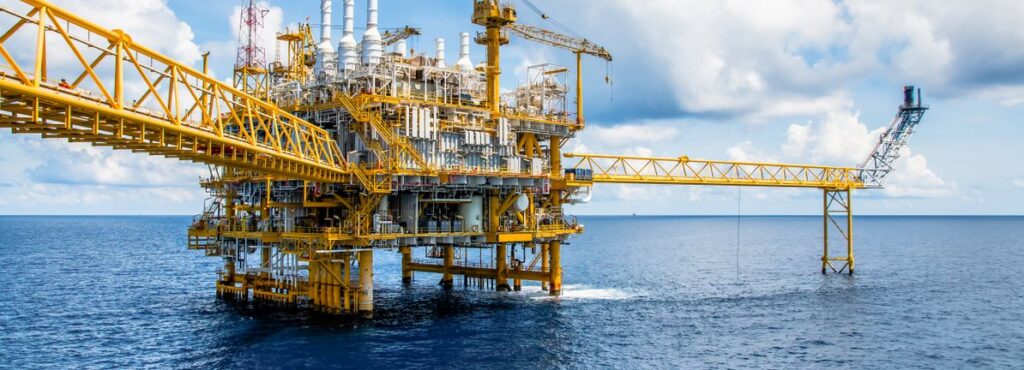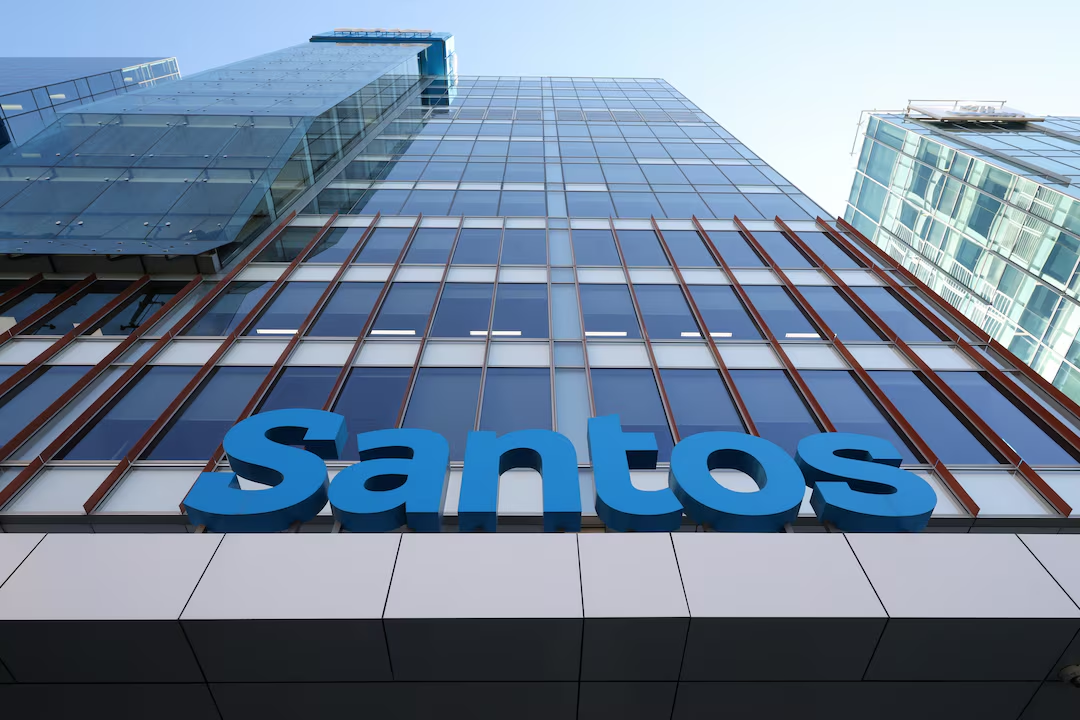Santos Ltd (ASX: STO), Australia’s second-largest oil and gas producer, has encountered a significant strategic setback following the collapse of a proposed $36.4 billion acquisition by the XRG consortium, led by the Abu Dhabi National Oil Company (ADNOC). This development has sent ripples through the energy sector, raising questions about Santos’s future direction and the broader implications for Australia’s energy landscape.

The Collapse of the Takeover Bid
The XRG consortium’s bid, which was initially announced in June 2025, was poised to be the largest all-cash corporate takeover in Australian history. However, just days before a binding offer was due, the consortium withdrew its proposal, citing unresolved commercial terms and other unspecified factors. This abrupt withdrawal has left Santos and its shareholders grappling with the immediate fallout.
The proposed deal involved a cash offer of $8.89 per share, valuing Santos at approximately $36.4 billion, including debt. This would have marked the largest all-cash buyout in Australian history. The consortium, which included ADNOC’s investment arm XRG, Abu Dhabi Development Holding Company (ADQ), and private equity firm Carlyle, had extended the exclusivity period to allow more time for internal approvals. Despite a 22% year-over-year decline in first-half profit, the results exceeded analysts’ expectations by 3%, leading to a slight increase in Santos’ share price at the time. However, the bid faced significant regulatory scrutiny, including from the Foreign Investment Review Board (FIRB), and was met with criticism from Australian unions concerned about national energy security.

Strategic Implications for Santos
In the wake of the deal’s collapse, Santos’s CEO, Kevin Gallagher, has reaffirmed his commitment to the company, stating plans to remain in his role until at least 2027. Despite this leadership continuity, the company faces mounting pressure to enhance shareholder value. Analysts suggest that asset sales may be a necessary step to unlock value and streamline operations.
Santos’s market capitalization has taken a substantial hit, with shares declining by over 10% following the announcement. This market reaction underscores the investor community’s concerns about the company’s growth prospects and strategic direction. The collapse of the takeover bid has also raised questions about Santos’s ability to execute its growth strategy independently, particularly in light of declining oil and gas prices and increasing regulatory challenges.
Broader Sectoral Implications
The collapse of the Santos takeover bid is part of a larger trend of failed mergers and acquisitions in Australia’s energy sector, with nearly $40 billion worth of deals falling through in 2025 alone. Factors contributing to this trend include increased regulatory scrutiny, valuation mismatches, and shifting investor priorities towards sustainability and decarbonisation.
For Santos, this environment presents both challenges and opportunities. The company must navigate these complexities while striving to maintain its position as a key player in Australia’s energy sector. The failed takeover bid has also highlighted the challenges faced by foreign investors seeking to acquire Australian assets, particularly in the energy sector, where national security concerns and regulatory hurdles are prominent..


